united States Magazine and Democratic Review 17 No 1 (Julyaugust 1845) 5-10
/https://tf-cmsv2-smithsonianmag-media.s3.amazonaws.com/filer/unforgettable-editorials-631.jpg)
1. "Yes, Virginia.…"
"Is in that location a Santa Claus?," 8-year-erstwhile Virginia O'Hanlon asked The Sun of New York in a letter to the editor. Francis P. Church's answer, printed on September 21, 1897, was a masterpiece of decisiveness ("Yep, Virginia, there is a Santa Claus") and evasion ("He exists as certainly every bit dear and generosity and devotion exist, and yous know that they abound and give to your life its highest beauty and joy.") Church building's judgment that "a thousand years from now, Virginia, nay, ten times ten grand years from now, he will continue to make glad the middle of childhood" could besides stand for his prose.
2. "Manifest destiny"
John L. O'Sullivan, editor of both a mag titled The Autonomous Review and the New York Forenoon News, first used the phrase in the July-August 1845 outcome of the Review, to fence for annexing Texas. But, writes historian Julius Due west. Pratt, the phrase didn't gain much traction because that effect was pretty much settled. While the U.s. and United kingdom were arguing over Oregon, O'Sullivan repeated himself in the Morning News of December 27, 1845: "Away, abroad with all these fiber bug of rights of discovery, exploration, settlement, continuity, etc.… our claim to Oregon would still be all-time and strongest. And that claim is by the right of our manifest destiny to overspread and to possess the whole of the continent which Providence has given u.s.." And all of a sudden, American expansionism had a new motto.
iii. "Go Westward, immature human."
Horace Greeley's corollary to manifest destiny has stood for a century and a half. Except Greeley seems never to have written or said it. Thomas Fuller, writing in the Indiana Magazine of History in September 2004, says the phrase occurs nowhere in Greeley's New York Tribune. Fred R. Shapiro, editor of the Yale Volume of Quotations, says it doesn't announced in Greeley's book Hints Toward Reform (1850), a commonly cited source for the quote. An 1855 Greeley biography, Shapiro writes, records his counsel to aspiring young men as: "[T]urn your face to the Great Westward, and there build upwards a domicile and fortune." Thus the difference betwixt skilful communication and a smashing phrase.
iv. "What'southward the thing with Kansas?"
In 1896, the Sunflower Country had been losing population, wealth and prestige for years. The legendary William Allen White of the Emporia Gazette blamed the country's leadership and electorate, which he saw as backward and self-destructive. On August 15 of that year, he published a screed of such cold reasoning and pyrotechnic fury (sample indictment: "We accept raked the ash heap of human failure in the country and have found an onetime hoop skirt of a human being who has failed as a business man, who has failed as an editor, who has failed equally a preacher, and nosotros are going to run him for congressman-at-large") that the question he used to frame his statement became its own reply.
v. "Ford to Urban center: Drop Expressionless"
Yes, it'southward a headline, not an editorial, only it reflects no hateful do of editorial license by the New York Daily News, which put it on its front end page of October 30, 1975. The solar day earlier, President Gerald R. Ford did say he would veto any bill "that has equally its purpose a federal bailout of New York" because responsibleness for the city's looming bankruptcy "is beingness left on the front doorstep of the federal authorities—unwanted and abandoned by its real parents," whom he identified as city and New York State officials. He too said that if the city defaulted, his administration would help ensure that essential services weren't interrupted, and one of his economic advisers said that assistance "could include coin." Somewhen, the city got its finances in order, with the aid of federal loans and loan guarantees. By then the headline had go immortal.
vi. "The hot squat"
In 1975, Leonard Edwards of Philadelphia was awaiting trial for murder and the rape of a 14-year-old girl. Only he had already been convicted of two murders, and a jury had sentenced him to expiry for one of them. Richard Aregood of the Philadelphia Daily News believed that "information technology'due south most time for Leonard Edwards to take the Hot Squat," and said and so in an editorial on November 21. Simply Edwards never got the electric chair; the Pennsylvania Supreme Court invalidated the state's death-penalization statute, and he died in prison in 1988. Simply "hot squat," which had been a fading remnant of 1920s slang, received new life, even as lethal injection replaced the chair for land-sanctioned execution.
vii. "Wrong, wrong, wrong"
Historically, the Jackson Clarion-Ledger helped atomic number 82 the charge against the civil rights movement in Mississippi. But in September 1982, to mark the 20th anniversary of James Meredith's integration of the University of Mississippi, it printed an editorial that began, "Nosotros were incorrect, wrong, incorrect." That was the work of a new editor, Jackson native Charles Overby, who was working for a new owner, the Gannett chain. "Just for the reader, it was the same newspaper," says Overby, at present chairman and CEO of the Liberty Forum and the Newseum in Washington, D.C., "and I idea nosotros owed it to the community to recognize a alter in consciousness that had taken place, both within the paper and out in the community." He lays no merits to originating the phrase. But given the context, his use of it resonates.
8. "War to finish all wars"
Actually, it began as "the war that volition end war," which was the headline on an H.Yard. Wells article in the British newspaper the Daily News and Leader on August fourteen, 1914, arguing for war against German language militarism because such a calamity would lead to a permanently improved society. "We hateful to conquer," he wrote. "We are prepared for every disaster, for intolerable stresses, for defalcation, for hunger, for anything but defeat." Popular usage before long honed the phrase into the "war to stop all wars," which turned out to be an all-also-hopeful reference to World War I.
9. "Times that endeavor men's souls"
Thomas Paine (writing under the pseudonym "the Author of Common Sense") entered the American dictionary even before at that place was an American dictionary: "These are the times that endeavour men's souls" is the start line of the first of 16 pamphlets he published over the course of the American Revolution, from 1776 to 1783. Paine's second line—"The summertime soldier and the sunshine patriot will, in this crisis, shrink from the service of their country…"—immediately expanded the lexicon.
10. "The American century"
Ten months earlier the set on on Pearl Harbor, Henry Luce sought to rouse the readers of LIFE magazine from whatever lingering isolationism in a vi,600-give-and-take essay begetting that headline and rise to a distillation of Luce'south credo: "Throughout the 17th Century and the 18th Century and the 19th Century, this continent teemed with manifold projects and magnificent purposes. Higher up them all and weaving them all together into the well-nigh heady flag of all the world and of all history was the triumphal purpose of freedom. It is in this spirit that all of us are chosen, each to his own measure of capacity, and each in the widest horizon of his vision, to create the first great American Century." In fourth dimension, Americans did.
Source: https://www.smithsonianmag.com/history/top-10-unforgettable-editorials-725211/
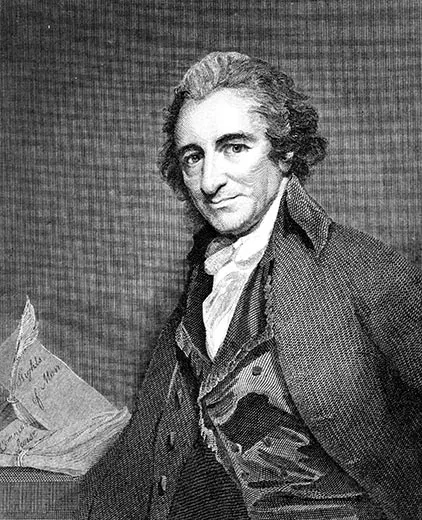
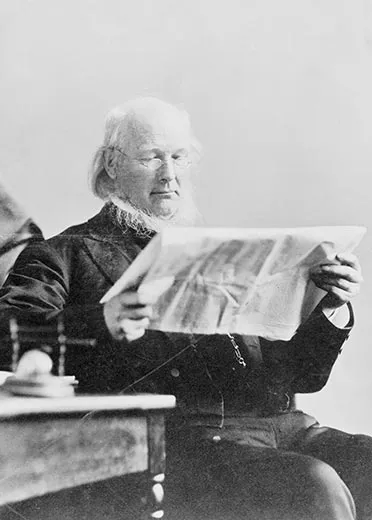
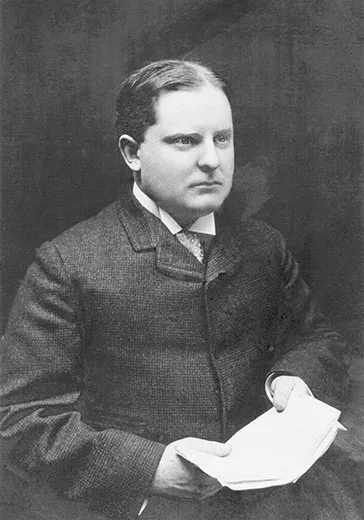
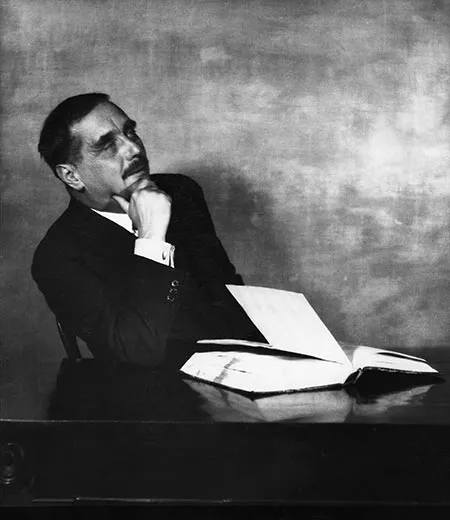
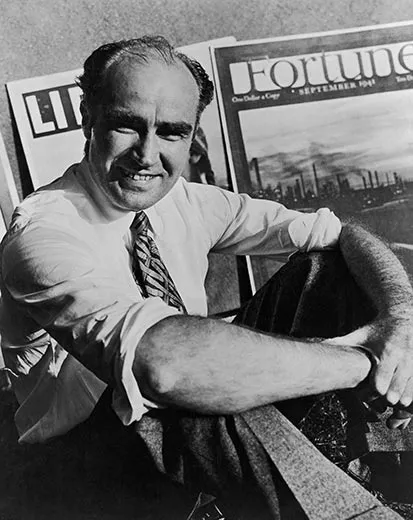
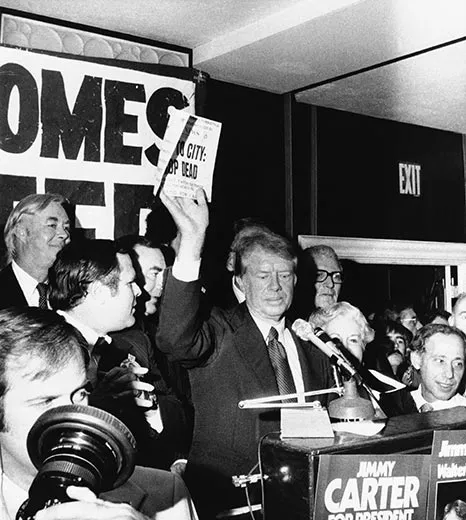
0 Response to "united States Magazine and Democratic Review 17 No 1 (Julyaugust 1845) 5-10"
Postar um comentário